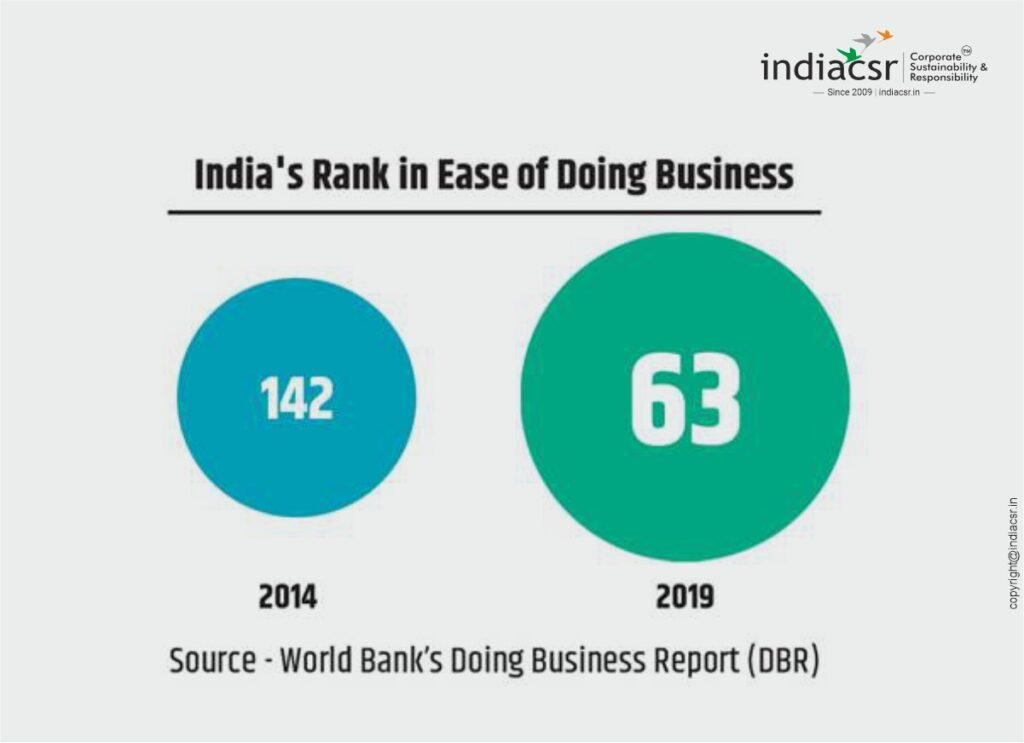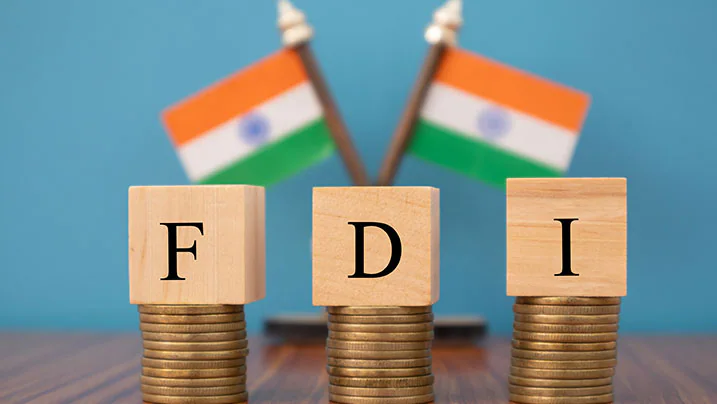First Half of FY 2024-25 Sees a 26% Increase to $42.1 Billion
India’s foreign direct investment (FDI) journey reached a historic milestone in 2024, with total gross inflows crossing the $1 trillion mark since April 2000. This achievement underscores the country’s emergence as a leading global investment destination, with its dynamic economy attracting a 26% surge in FDI to $42.1 billion during the first half of FY 2024-25 alone.
This growth has been fueled by strategic reforms, visionary initiatives, and the government’s relentless focus on creating a conducive investment climate. Policies like “Make in India,” the implementation of the Goods and Services Tax (GST), and liberalized sectoral frameworks have played pivotal roles in attracting global capital. FDI has transformed India’s economic landscape by providing vital non-debt financial resources, fostering innovation through technology transfers, and creating millions of jobs across diverse sectors.
- Sectoral Liberalization: Opening up sectors like space, defense, and e-commerce for greater foreign participation.
- Digital Transformation: Rapid digitalization and advancements in infrastructure have made India a global leader in technology-driven growth.
- Competitive Labor Costs: With one of the youngest workforces globally, India offers a cost-competitive edge in labor-intensive industries.
- Infrastructure Development: Massive investments in transportation, energy, and urban development enhance India’s logistical advantages.







